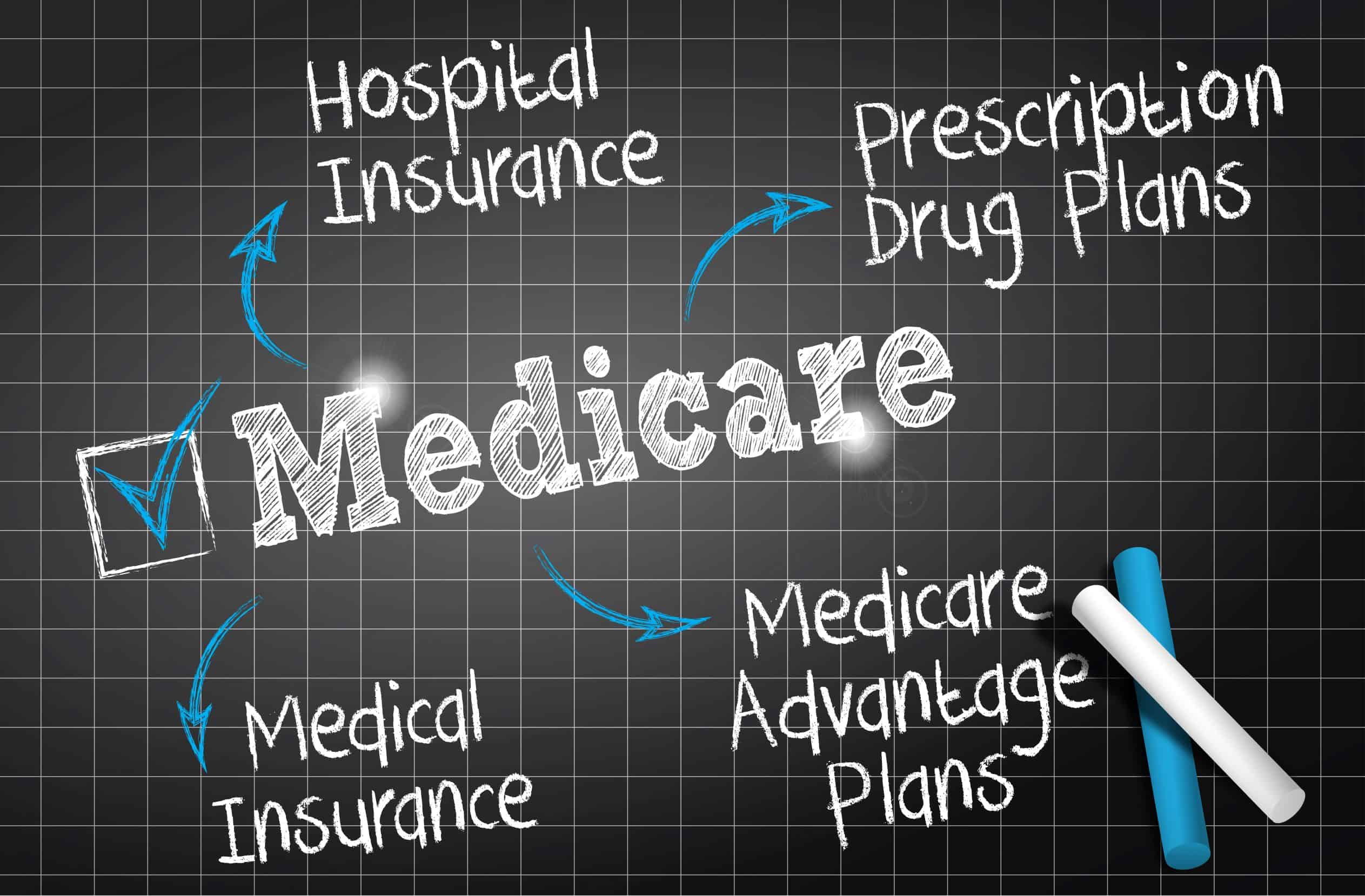Once you’re off to retirement, there are many decisions you’ll have to deal with so many decisions to make and so many changes to live by. One of these biggest decisions is Medicare – a form of insurance offered by the federal government for senior citizens beyond 65 years old, younger individuals with disabilities, and those with end-stage renal disease.
On the outset, Medicare seems simple and straightforward. But, to ensure you’ll get the most out of your Medicare plan, it’s important to get this choice right. There are many particulars you have to know about surrounding matters like the costs, enrollment plan options, coverage, and even claims.
Signing up for Medicare is a very big decision to make. This is, therefore, one you shouldn’t make on a whim. There’s a lot to know about Medicare to ensure you’re getting the best plans for your family. In this article, the aim is to sort out the confusion surrounding Medicare with this list of four things you have to know.
1. Medicare Comes With A Cost
One of the very first things you’ll have to know about Medicare is that this comes with a cost. Like any other health insurance, it’s not free. However, it’s generally naturally cheaper to pay for the cost of Medicare than to have to shoulder out-of-pocket expenses for your medical needs.
To get a bird’s eye view on how Medicare is divided according to cost, here are its classifications:
- Part A – covers hospital services and is free if you or your spouse has been paying for Medicare payroll taxes for the past ten years. If you aren’t eligible for Part A, you can still avail of its coverage by paying for a yearly premium.
- Part B – covers doctor’s appointments and outpatient services. To enjoy this, however, you’ll have to pay for a monthly premium.
- Part C – offers an alternative way to receive the Medicare benefits you’re entitled to.
- Part D – covers the cost of prescription medication. Like Part B, a monthly premium is also required to enjoy this benefit.
To have in-depth understanding on Medicare coverage, you can also speak with your trusted Medicare insurance agent.
2. Medicare Has A Hotline You Can Call
To make inquiries and claims processing easier for Medicare holders, it now offers a toll-free hotline, 1-800-MEDICARE (1-800-633-4227). As the call progresses, an automated call system will direct you to your main concern. For a more specific processing, however, you’ll be asked for your Medicare coverage number at the beginning of the call. So, be sure to have your card ready.
If you’re unable to call by yourself and need someone to do it on your behalf, this is also possible. However, you have to know that Medicare won’t give health information to anyone on the phone about your case without your permission. If you can give verbal permission over the phone, then doing so is the preferred manner. However, to be safe, it’s also a good idea to send out an authorization letter in advance.
For this latter option, here are two ways to do so:
- Download, print, and fill up the form on the Medicare.gov website and send to this address:
Medicare BCC
Written Authorization Department
P.O. Box 1270
Lawrence, KS 66044
- Fill out and submit an electronic copy of the form found on Medicare.gov.
3. Medicare Advantage Is An Option For All-In-One Plans
With the traditional Medicare, you can either choose to sign up only for either Part A, B, C, or D, – or a mix of two, three, or even all. If you want to enjoy a more comprehensive coverage, this is when it may be worth considering applying for an all-in-one plan, also known as the Medicare Advantage.
This Medicare Advantage is one offered by private insurance companies. When you’re a Medicare Advantage holder, you’ll enjoy coverage for medical and prescription medicine coverage. As a Medicare Advantage holder, you’ll no longer have to sign up for Part D or purchase a separate Medigap policy. While you’ll be charged premiums, in most instances, the premiums for Medicare Advantage would be lower than medigap plans.
4. Medicare Premiums Are Tax-Deductible
Fourth on this list of things you have to know about Medicare is that the premiums are tax-deductible. This is an additional convincing reason why you should definitely consider signing up for Medicare. Because the Medicare premiums are tax-deductible, this means that your taxable income for the year is reduced and you can save money on your tax payments.
Conclusion
This list is only the beginning of the many things you first have to know about Medicare. Yes, it’s advantageous. But, to enjoy the peak of its benefits, it’s very important to hold a deeper understanding of what Medicare is all about. By all means, you should also ask experts in your local area about Medicare to supplement the information you’ve gathered from this article. At the end of the day, Medicare should be advantageous to you – not the other way around.








